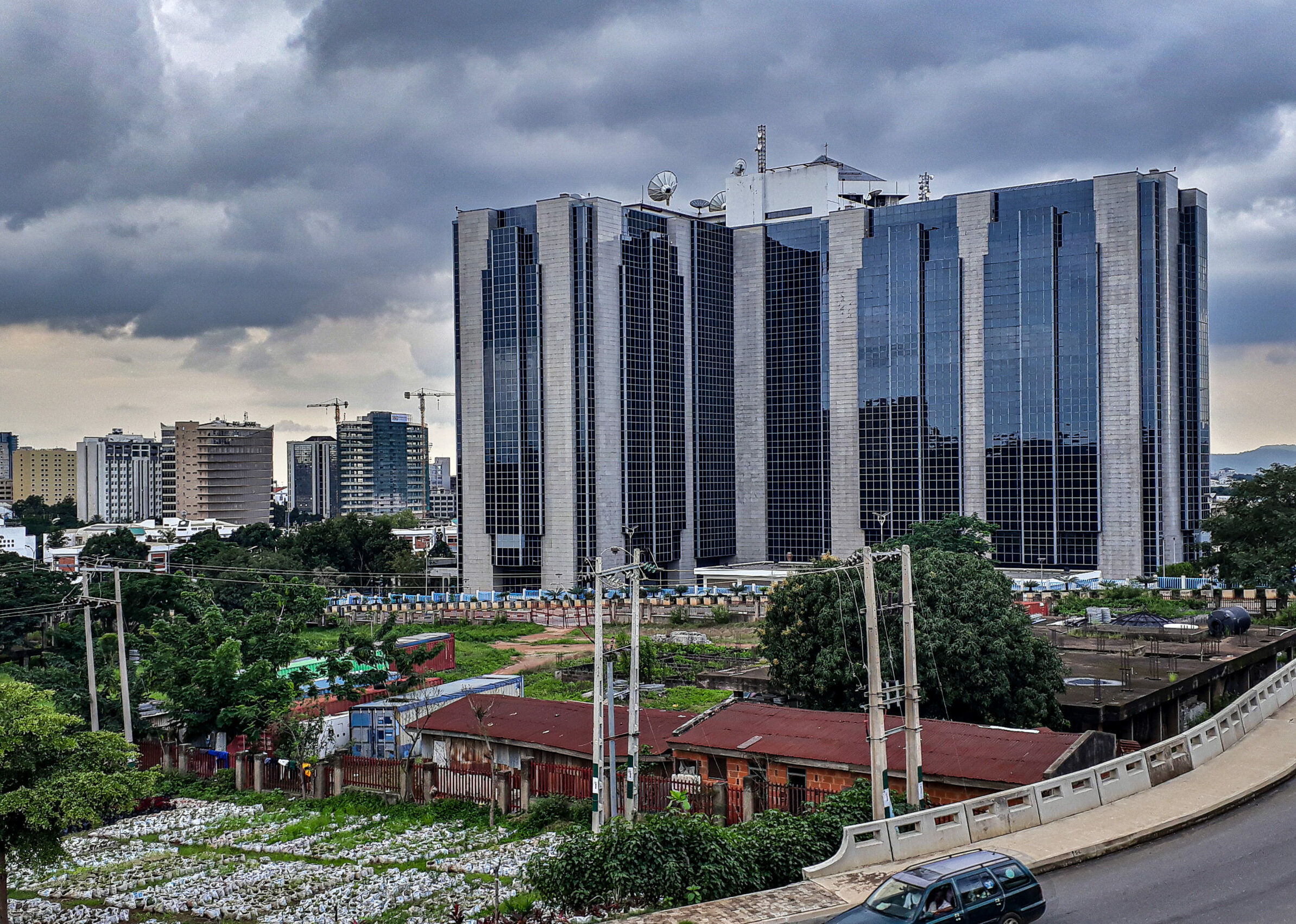Why Partner with UD Trucks Southern Africa for the Nigerian Market
Why Partner with UD Trucks Southern Africa for the Nigerian Market
As Nigeria’s transport and logistics sector accelerates, the need for dependable, efficient, and future-ready commercial vehicles has never been greater. UD Trucks, a global transport solutions provider with over 90 years of engineering heritage, offers a compelling opportunity for Nigerian investors to partner with a brand that delivers more than just trucks — it delivers uptime, reliability, and long-term business value.
A Proven Partner in Sub-Saharan Africa
UD Trucks Southern Africa (UDTSA) has built a strong and growing footprint across the region, operating in 14 countries with a network of nearly 50 dealerships. From South Africa to Kenya, Angola to Malawi, UDTSA has consistently delivered on its promise to “Go the Extra Mile” — not just in vehicle performance, but in customer support, aftermarket service, and dealer excellence.
Now, UDTSA is ready to extend this proven model to Nigeria — Africa’s largest economy and a rising logistics powerhouse.
Durable Vehicles for Demanding Roads
UD Trucks Southern Africa offers a robust portfolio tailored to African conditions:
● Heavy-duty: Quester – engineered for fuel efficiency, payload optimization, and uptime.
● Medium-duty: Croner – designed for urban and regional distribution with smart features and durability.
Every vehicle is supported by UD Connected Services and UD Service Agreements — a comprehensive uptime ecosystem designed to keep fleets moving, even in the most demanding operational environments.
UDTSA’s dealer network is built on a foundation of retail excellence, OEM-backed training, and cross-border collaboration. Dealers are strategically located along major transport corridors, offering:
● Sales and delivery support
● Genuine parts availability
● Workshop services
● 24/7 Road Support
This model ensures that fleet operators experience minimal downtime and maximum productivity — a critical advantage in Nigeria’s fast-paced logistics landscape.
Why Nigeria, Why Now?
Nigeria’s expanding infrastructure, manufacturing, and FMCG sectors are driving demand for reliable transport solutions. Fleet operators are seeking partners who can deliver not just vehicles, but total lifecycle support.
Partnering with UD Trucks Southern Africa offers:
1. Credibility and confidence – Association with a globally respected brand.
2. End-to-End support – From vehicle delivery to preventative maintenance and roadside assistance.
3. Scalable dealer model – Proven SSA practices can be adapted to Nigeria’s unique market dynamics.
4. Multiple revenue streams – Sales, UD Service Agreements, UD Genuine Parts and Connected Services.
5. Long-Term Profitability – Focus on Total Profit Over Lifetime (TPOL) ensures better ROI and resale value.
What’s in It for the Investor?
A partnership with UD Trucks Southern Africa opens doors to:
● Joint ventures or dealership opportunities with access to global expertise and regional best practices.
● Recurring revenue from service agreements, parts, and connected services.
● Fleet customer loyalty through uptime-focused solutions and predictable operating costs.
● Performance incentives through dealer excellence programs and recognition awards.
“UD Trucks has built a reputation for delivering uptime and reliability in Southern Africa’s toughest terrains. We believe this model can unlock significant value in Nigeria, where robust aftersales support is essential,” says Graham Kolm, General Manager SSA.
A Strategic Partnership for Growth
UD Trucks Southern Africa is not just offering trucks — it’s offering a partnership built on trust, performance, and long-term success. For Nigerian investors looking to enter or expand in the commercial transport space, UD Trucks provides the tools, support, and brand equity to build a sustainable and profitable business.
UD Trucks Southern Africa offers a compelling proposition for investors seeking to enter Nigeria’s commercial vehicle market. With a robust product lineup, proven aftersales support, and a track record of dealer excellence, the foundation is set to replicate SSA success. Leveraging UD Trucks’ uptime-driven philosophy, an investor can benefit not only from vehicle sales but also recurring service revenue, parts sales, and a reputation for reliability that fleet operators increasingly demand.
To Partner or Invest
Submit your expression of interest by November 30, 2025 to:
graham.kolm@udtrucks.com
For more information:
www.udtrucks.com/southafrica
Connect with us on Facebook | LinkedIn
Let’s go the extra mile — together.
As Nigeria’s transport and logistics sector accelerates, the need for dependable, efficient, and future-ready commercial vehicles has never been greater. UD Trucks, a global transport solutions provider with over 90
Read more



